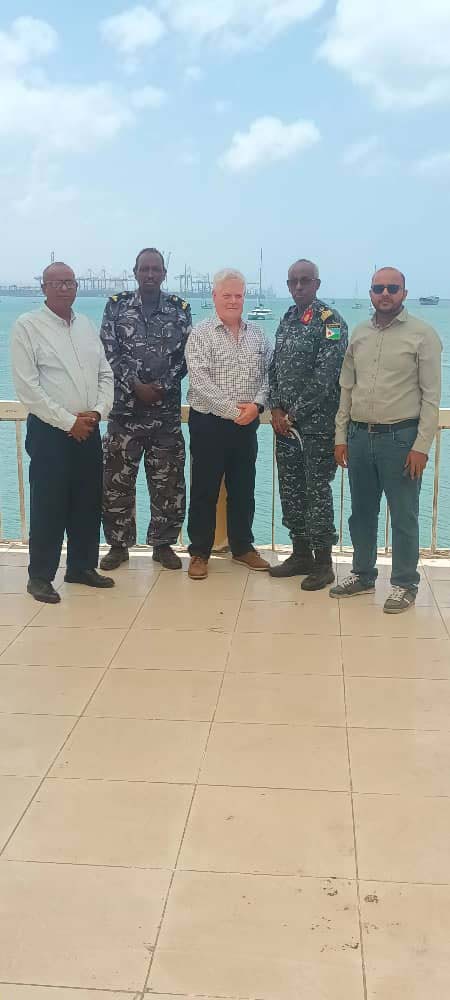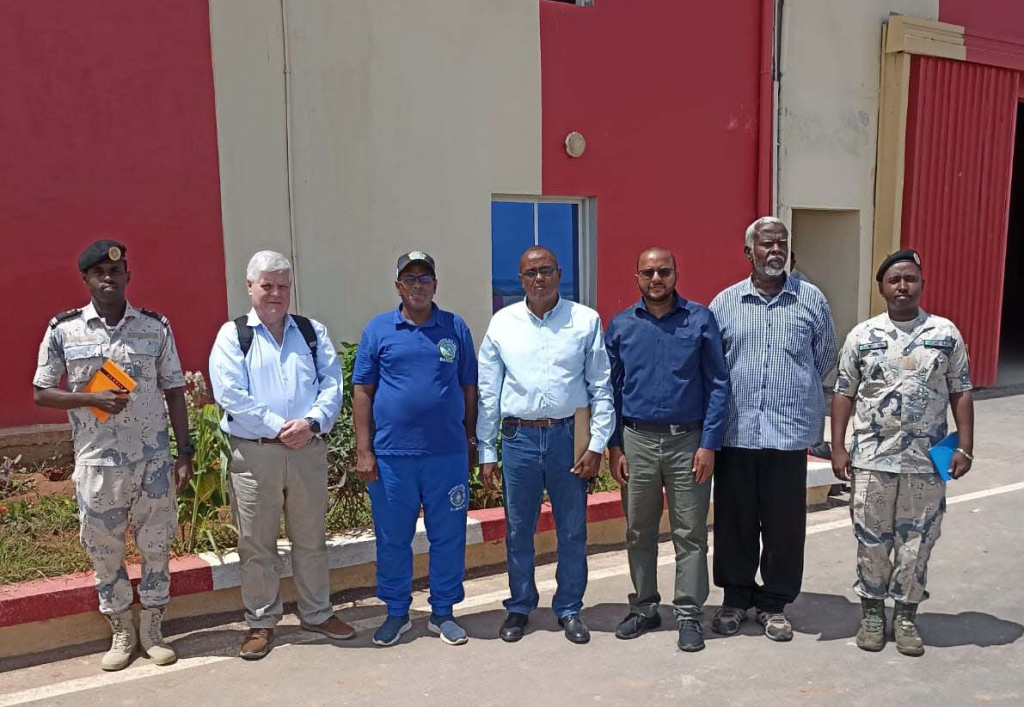The Regional Organization for Conservation of the Marine Environment of the Red Sea and Gulf of Aden (PERSGA) received a request on the 10th of March 2024 from the Government of Djibouti to provide technical assistance in support of developing their preparedness and response to the situation caused by the attack on the RUBYMAR vessel in the Red Sea on 18 February 2024 off coast of Yemen, and its subsequent sinking, in addition to the attack on TRUE CONFIDENCE vessel in the Gulf of Aden 70 nautical miles off coast of Djibouti on 2 March 2024, which has also sustained serious damages with casualties and deaths reported.
In this context, PERSGA and its Center for Emergency Mutual Aid in the Red Sea and the Gulf of Aden –EMERSGA were already engaged with the United Nations (IMO, UNEP, OCHA, UNDP) and its partners (the European Commission through DG ECHO) to assist the Government of Yemen in the areas of oil spill response, satellite imagery to track and monitor the vessels status and potential spills, modelling of the potential spills to identify where they could land and their impact, and contingency planning and preparedness.
Furthermore, the Ports of Djibouti had been identified as a Port of Refuge for the southern area for damaged vessels calling for repair and had received a number of such requests. Considering the high risks of major oil and HNS pollution in the southern area of the Red Sea and in the Gulf of Aden, PERSGA and its EMARSGA centre wished to support the deployment of in-country of experts to work closely with the Government of Djibouti. The situation called for immediate support to the international efforts for a swift and effective response and to help Djibouti to prepare to deal with any other potential incidents.
Given the time sensitive nature of the situation, PERSGA had commenced response and preparedness planning work, with the relevant stakeholders, to establish a mechanism for preparedness and response to any significant spill in the region.
The overall objective of the field visit mission was to support PERSGA countries, Djibouti in particular to implement the regional contingency plan which is updated as well as strengthen the mechanisms for preparedness and response to oil and chemical spills at the national level and ultimately contribute to the implementation of the regional protocol (1982).
Specifically, this mission training has had the following objectives:
- Conduct in-depth assessment of the needs for equipment, materials, personnel and financing resources to enable swift responses to combat any potential environmental damages that could happen in the subregion.
- Identify gaps linked with the existing capacities to deal with an oil and chemical spill in Djibouti.
Following the round of meetings and discussions an initial set of findings was developed and presented to the Deputy Minister for the Environment and Sustainable Development. The findings were based on the field visit and after a review of previous feasibility studies and reports compiled by PERSGA and PERSGA consultants.



